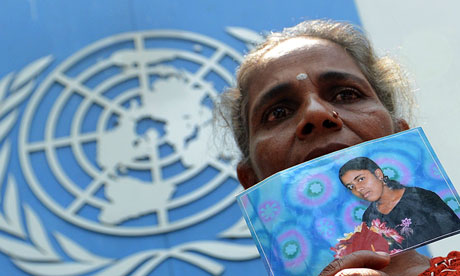By Brendan Oliver Bergh
Impunity Watch Reporter, South America
BOGOTA, Colmbia – Colombia is in the midst of progressing gay rights and supporting same-sex marriage. A court ruling has been mulling around the Colombian House of Representatives that would effectively legalize gay marriage. The A new bill has passed the first of four major votes, but is not expected to progress through the senate unless an impasse is found amongst legislators.

At this moment Colombia does not recognize gay marriage, but the country has been progressing since the homosexual activity was decriminalized in 1980s. Between 2007 and 2008, the Constitutional Court made three rulings that gave same-sex couples the same pension, social security, inheritance and property rights as heterosexual couples.
The bill making the rounds has a time limit. If the Congress does not pass a “comprehensive, systematic and orderly legislation” by June 20, 2013, same-sex couples will automatically be granted all marriage rights. Their ruling held that the Colombian Constitution which defined a marriage between ‘man and woman’ does not “’imply a prohibition against a legal bond between homosexuals, similar or equal to that of the heterosexual couples.”
While the courts have been supportive, it seems unlikely that the legislature will be able to find a solution and the court’s ruling will take effect. According to Augusto Posada the Speaker of the House “the issue is not going, because I have not seen any initiative from the pews to pull it off,” indicating that religious opposition may have something to do with senators indecision to find comprehensive legislation. Previously, six different bills attempting to legalize same-sex marriage have been proposed and defeated, with religious conservatives remaining opposed to any such legislation.
According to opposition within the Senate some believe that homosexuals cannot constitute a marriage or family, and if new legislation would grant those abilities as well as the ability to adopt would be the gateway to legitimatized pedophilia. While parts of the arguments seem archaic, Conservative party spokesman is weary of allowing the courts to dictate laws. Senator Hernán Andrade has called for the bill be put to a referendum, and see whether the citizens would support the bill.
According to polls taken back in 2010, Colombians seemingly support marriage equality, with 63% of Bogota supporting gay marriage.
For more information, please see:
El Tiempo – If There Is No Law, Gay Unions Would Be Entitled To Only Solemn – 23 March 2013
RCN Radio – Colombia Will Not marriages of Same-Sex Couples – 24 March 2013
Edge On The Net – Colombian High Court Stands Firm On Gay Rights Support – 13 March 2013
Gay Star News – Gay Marriage Bill Passes First Vote In Colombia – 5 December 2012



